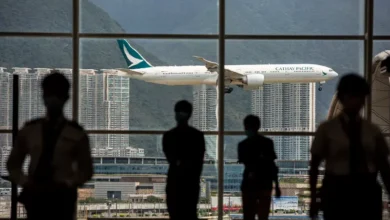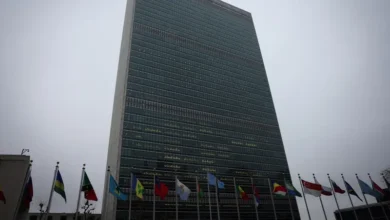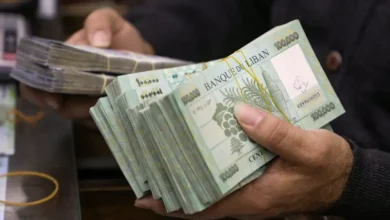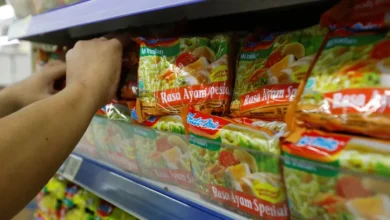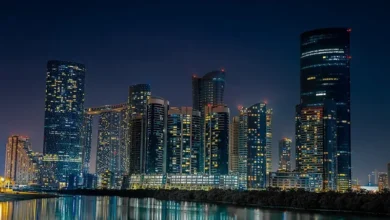Aramco seeks more deals in Asia to boost refining, chemicals
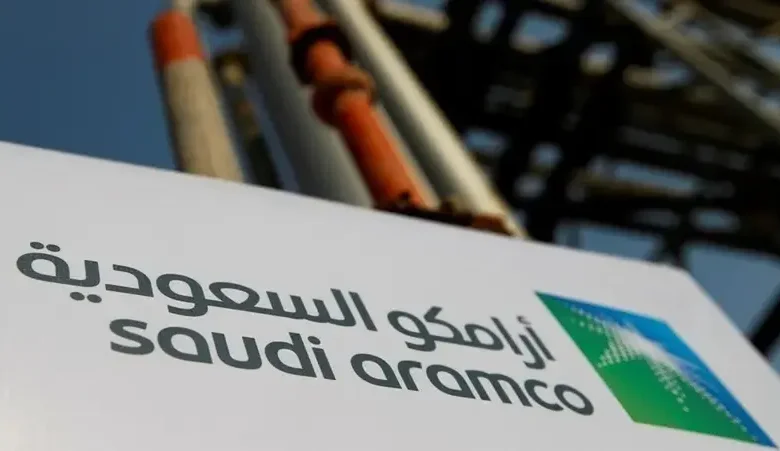
Saudi Aramco, the world’s biggest oil exporter, is seeking refining and chemicals deals in Asia as it looks to rapidly expand the business and secure long-term buyers for its crude.
The company is looking at China and India for more acquisitions, president of the downstream unit, Mohammed al-Qahtani, said.
The majority of Aramco’s crude is sold in Asia, and demand for oil and related products is expected to keep expanding in the region, he said.
The state-run company, which has made more than $80 billion of downstream investments since 2016, is already making moves in China. It bought a stake in one company last year and is in talks for two others. Saudi Arabia sees demand for petrochemicals that are used to make goods such as plastics continuing to rise over the coming decades, even as oil’s use in transportation is likely to wane with the global energy transition.
“Really, the big growth markets for us are China, India, and southeast Asia, al-Qahtani said in an interview in Dhahran, Saudi Arabia. The company is looking for “organic and inorganic opportunities, he said, referring to acquisitions and expanding existing projects. “As we speak today we have teams in China negotiating deals.”
Talks in China are proceeding faster than in India, where Aramco is in discussions with partners and customers for “actual investments on the ground, al-Qahtani said, declining to give more details.
Reliance deal
Aramco had previously been close to investing in India through a partnership with Reliance Industries Ltd. It had signed a non-binding letter of intent in August 2019 for a potential 20 percent stake in Reliance’s oil-to-chemicals unit valued at about $15 billion. But both parties announced they were walking away from that deal in 2021.
Reliance is “a big customer for us that Aramco would “love to partner with, so we’ll see,” al-Qahtani said.
Aramco completed the $70 billion acquisition of a majority stake in Saudi Basic Industries Corp., known as Sabic, in 2020, in its big-gest downstream acquisition to date. The deal helped Aramco accelerate its ambitions as Sabic already had a portfolio of chemicals investments around the world.
Still, the downstream business is currently dwarfed by its upstream unit, which produces and sells crude oil. The upstream unit reported pretax earnings of $60 billion in the third quarter of 2023, compared with $5.3 billion for downstream.
It also has a way to go in achieving its longer term target of converting 4 million barrels of oil a day into chemicals. “We want to deliver that as soon as possible, even before the next 10 years,” he said.
The hunt for further deals will only help that push.
“This is not the end of it, we will of course be making more deals,” al-Qahtani said. Downstream investment is “very critical for the growth of the company,” and will become “a significant contributor to the company’s bottom line,” he said.

